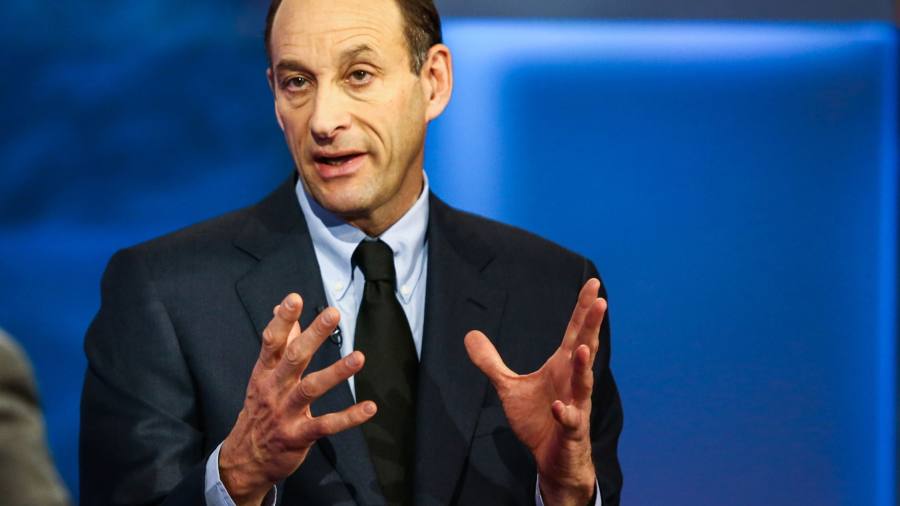Ken Jacobs, the longstanding chief executive of Lazard, is expected to leave his post at the independent investment bank and hand the reins to his deputy Peter Orszag, said people briefed on the matter.
His decision to step down as CEO comes weeks after Lazard announced it would cut more than 300 employees, about a tenth of its workforce, following a deep deal slump that Jacobs has told analysts would persist into 2024. Jacobs is expected to stay on at Lazard in some other capacity.
Jacobs has admitted that his earlier optimism about a deal rebound had been misplaced because of an uncertain economic environment. Between 2019 and 2022, the firm’s managing director roster grew from 163 to 212.
Jacobs had long insisted the spaces Lazard operates in — deal advice and asset management — were the two best businesses on Wall Street but both have slipped in recent years.
Its storied M&A franchise has also come under pressure from US groups such as Centerview Partners, Evercore and PJT Partners, which became highly successful in the aftermath of the financial crisis when large companies were increasingly comfortable hiring boutique banks for lucrative assignments.
Europe’s economic wobbles after the continent’s debt crises more than a decade ago have hurt Lazard’s businesses there as well.
The competitive challenges come amid the departures of star rainmakers including Antonio Weiss, Gary Parr and Matthieu Pigasse. Meanwhile, the shift in asset flows to passive investing funds has hit Lazard’s money management business.
Lazard’s share price is down nearly a fifth this year and trades just above the price of its 2005 initial public offering.
Orszag, a prominent economist who served in the Obama administration, joined Lazard in 2016 after a stint at Citigroup and leads Lazard’s investment banking arm.
Jacobs is widely credited with steering the notoriously fractious firm after the 2009 death of its then famed head Bruce Wasserstein. The recession that followed the great financial crisis had left the bank, which was heavily indebted, in a financially vulnerable position.
Richard Parsons, Lazard’s lead director, said: “One of the most consequential responsibilities of any board is to ensure a smooth transition of leadership. We have a succession plan that we have had in place for quite some time and our plan is on track.”
The firm declined to comment further on Jacobs’ decision to step down, which was first reported by The Wall Street Journal.
Jacobs joined Lazard from Goldman Sachs in the 1990s as a mid-level banker and quickly established himself as one of the top dealmakers on Wall Street before becoming a top deputy to Wasserstein, who joined at a time of internal turmoil in 2001.


